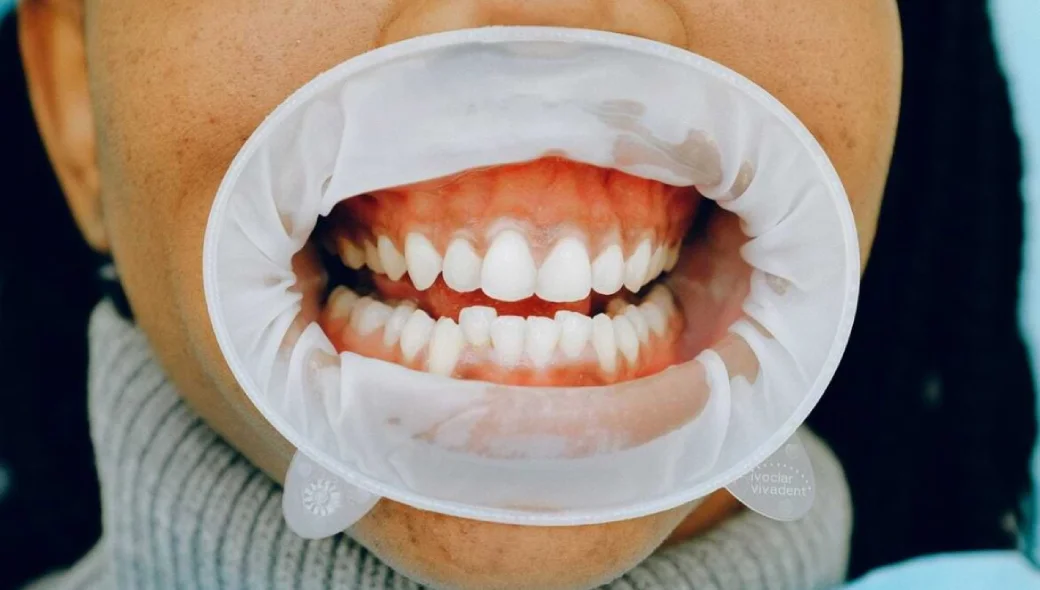
Even if you have the brightest smile in the town, if it is accompanied by pain or discomfort in mouth then it is of new use. Most of us spend too much time looking after the teeth but often ignore the support system of teeth i.e. the gums. The gums are soft tissues that support the teeth and protect them from potential bacterial diseases and decay.
If you did not have gums then the bacteria and food debris will find an easy way into the teeth and even in your body. Did you know that one cavity can be a home to more than 700 different species of bacteria? And most of them are ‘bad’ bacteria. When these bad ones get into the teeth, they can cause the tooth structure to decay and break down and the result is tooth loss. Gum diseases or periodontal diseases are the most common cause behind this infection. Periodontal diseases when ignored can often lead to serious degenerative diseases such cardiovascular dis-ease, diabetes, chronic respiratory disease, and dementia.
What causes problems in gums?
The most prime reason is bad oral hygiene. A problem in gums causes an imbalance of the bacteria in the mouth disrupting the microbiome balance that keeps everything in order. This leads to periodontal diseases or gum diseases. The gum diseases start with deposits in the form of plaque on the teeth. When not cleaned the plaque becomes tarter and the gums and bones in mouth start to hurt.
Gum diseases happen in various stages and this tarter and plaque infection is the first stage called gingivitis. The gums become inflamed, tender, bleed, swollen and their color changes to red. The advanced form of gum disease is periodontitis that affects the bones that hold the teeth. This stage can destroy the gums and the tissues too. Advanced periodontitis causes the fibers and bone to degrade, the tooth may fall, and you will not be able to bite your food.
The common problems with gums can also cause them to become darker than the healthy pink and even cause receding gums and a gummy smile. Habits like breathing through the mouth, smoking, alcohol, tobacco consumption can also cause the gum and teeth to deteriorate and cause severe bone resorption.
Gum procedures done by top periodontists in Ranchi can help you get relief from all your gum problems and concerns. We at Happy Tooth Dental CareRanchi have a teal of expert oral care surgeons, dentists, periodontists that take a holistic approach towards oral treatments so that you not only get the best treatment but also know how to prevent the gum problems in future.
Can the gum diseases be cured?
Absolutely! Top periodontists in Ranchi are experts in treating all kinds of gum diseases successfully. Today there are many new technologies and advanced treatments available that can give you the healthy set of teeth and gums. All you need to do is to keep up with a good oral hygiene routine and visit the dentist even if you notice even a small problem in the gums. The earlier you get the gum disease treated the easier it is to reverse the problem and preserve the tooth.
How do I know if I have gum disease or problem?
The most common indication that your gums are asking for expert attention is swelling and light bleeding when you brush your teeth other common symptoms for gum problems include:
- Bleeding gums: gum bleed easily while brushing, eating, and even light pressure can cause the gums to bleed.
- Swelling: Swollen gums and gum look red or purple in color.
- Pain: Pain, tenderness or burning sensation in the gums.
- Bad smell and taste: persistence bad smell from mouth is a condition that is called halitosis and the taste in mouth is unpleasant.
- Space between the teeth: Slowly developing the space between the teeth is the moderate to severe symptom of gum disease.
- Loose teeth: It will cause increased mobility of the teeth and finally the teeth fall off.
What is the post-surgery care we should follow?
After the gum procedures, one should take good care of the operated area. Following are the instruction commonly given by the periodontal surgeon:
- Take rest at home after the surgery, do not do physical activity.
- Do an ice pack application on the face to reduce the swelling.
- Take the medications prescribed by the dental surgeon.
- Eat soft and liquid food.
- Rinse your mouth with medicated mouthwash.
- Avoid harsh and vigorous brushing.
- Avoid hot and hard food.
- Do not use the straw for drinking.
